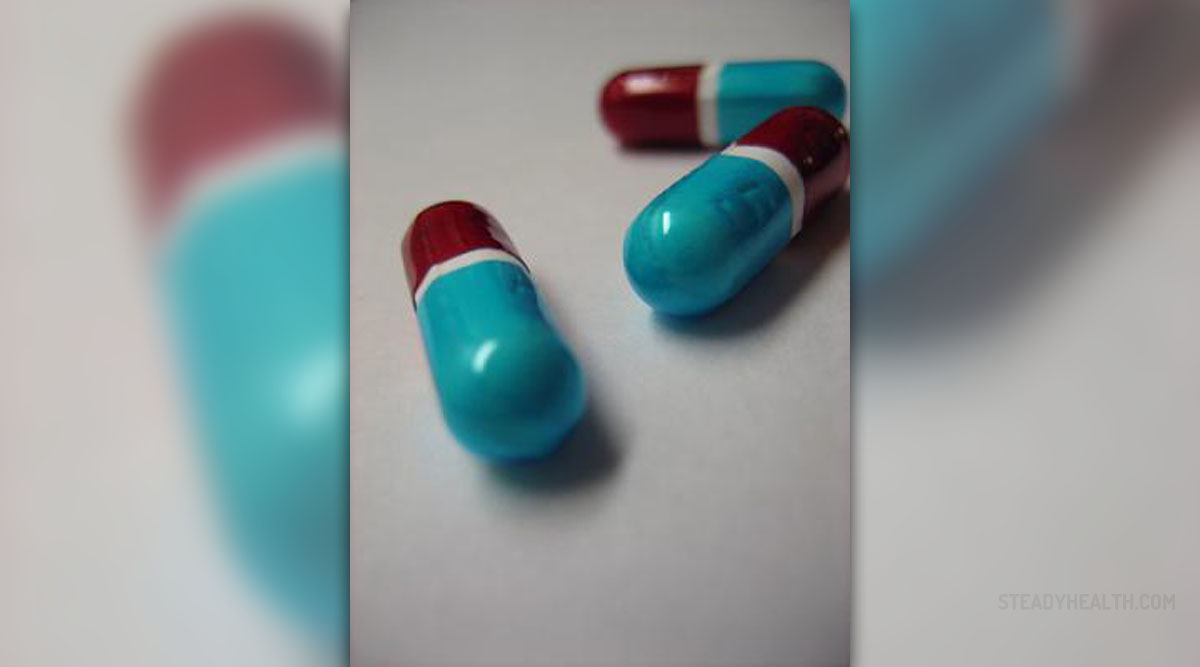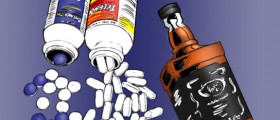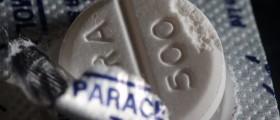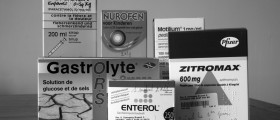
Acetaminophen
Paracetamol (acetaminophen) is a non steroidal anti inflammatory drug (NSAID). It is widely used to treat the fever, milder pains and aches and it is safe to for both children and adults. Paracetamol is an OTC medication, which means that it can be bought without the prescription.
This medication is helpful to lower the high temperature, and relieve mild and moderate pains and headaches. It is used in many combined medications, because of its efficiency.
Acetaminophen Side Effects
Paracetamol causes similar side effects as the other NSAIDs. These includes: nausea, vomiting, stomach problems, diarrhea, and abdominal pain. Paracetamol could also cause bleeding, jaundice and convulsions. There have been cases of allergic reactions to paracetamol and patients experienced swelling and breathing difficulties.
Paracetamol overdose could lead to digestive tract ulcers, stomach bleeding and liver failure.
No Alcohol When Using Acetaminophen
Paracetamol is highly efficient medication if used in recommended doses. However, this drug should not be overdosed or used with alcohol, for it may cause serious health risks.
The overdose of paracetamol can fatally affect your liver and cause acute liver failure. Liver toxicity is even more prominent if a patient uses paracetamol and alcohol together.
Alcoholics and people who use alcohol on the daily basis have slightly changed liver enzymes. These enzymes, especially CYP2E1 are usually stimulated by alcohol consumption. As the result, liver increases the metabolism of alcohol and many other substances in the body. Metabolizing paracetamol causes synthesis of toxins byproducts in the liver, which leads further to liver failure. The worst possible scenario is to take paracetamol after or with some alcohol. Alcohol stimulates the liver enzyme and it starts creating toxic metabolic products right after the medication gets to the liver. The toxicity depends on the amount of both alcohol and paracetamol – the more you had the more you are at the risk of damaging your liver.
There are some claims and studies that alcohol doesn’t affect metabolism of paracetamol and that it should not be blamed for hepatotoxic (liver toxicity) effects. These claims go even further explaining that alcohol actually protects the liver. So far, these are not scientifically proved claims and patients using alcohol daily are advised to consult their doctor about the potential side effects of paracetamol. To alcoholics and regular drinkers doctors usually recommend some other painkillers.
People suffering from any other liver-related illness are also advised to avoid paracetamol and switch to another painkiller medication.
Antidote Treatment
Paracetamol toxicity can be treated. There is a medication used as an antidote for paracetamol called N-acetylcysteine. This drug should be used in 8 hours after the toxic dose of paracetamol, because it won’t work otherwise.

















Your thoughts on this
Loading...